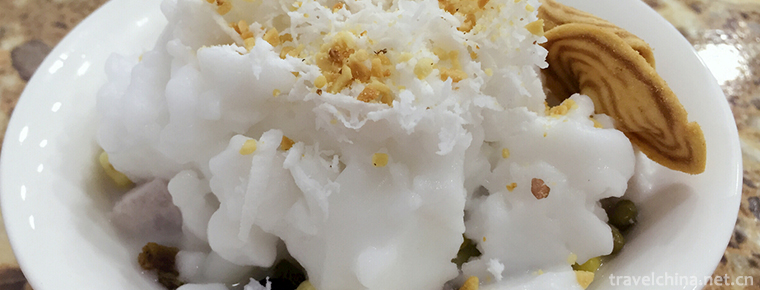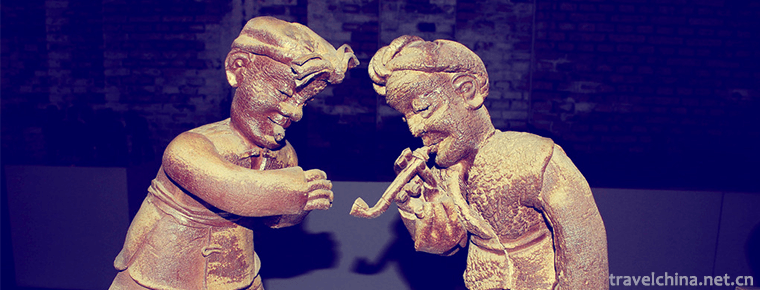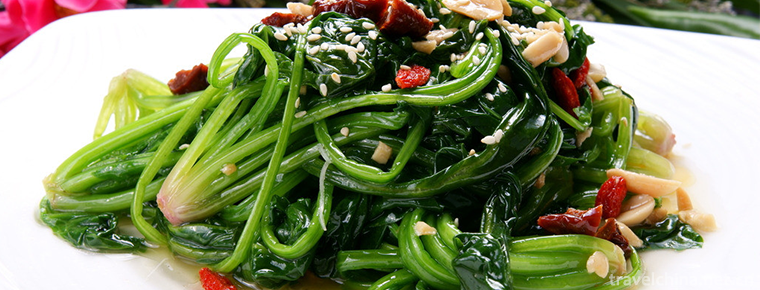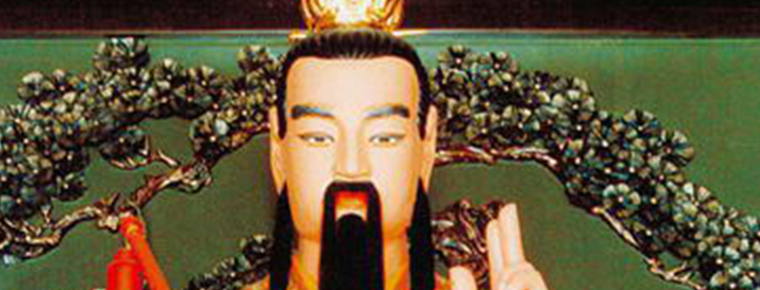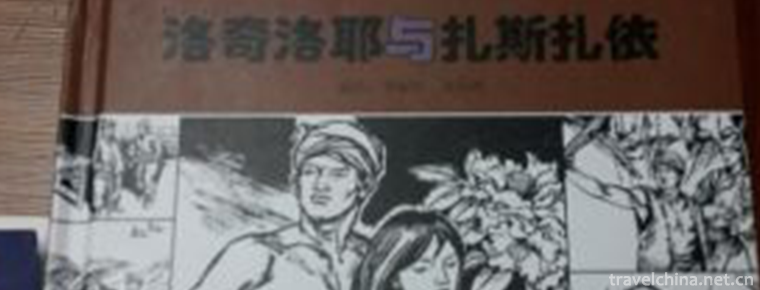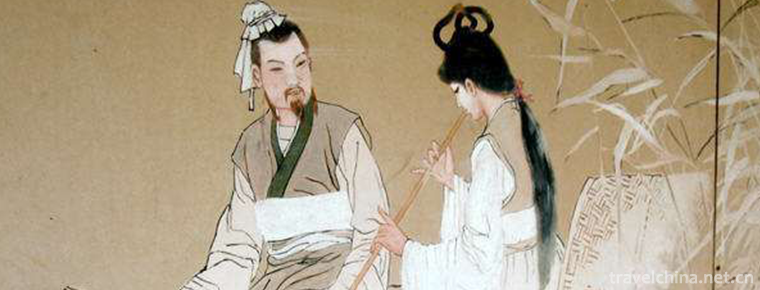chanting of folk tales to the accompaniment of bamboo percussion instruments
chanting of folk tales to the accompaniment of bamboo percussion instruments
Yugu Daoqing, also known as Bangbangqiangzi, is a kind of Han opera in Anhui Province. Beating fishing drums accompanied by singing has become a performance form of fishing drum sentiment. Fishing drums have been popular since the late Qing Dynasty and have a history of more than 100 years. Its form is to use three feet three inches long bamboo tube, covered with pig's guard leather, with wooden wooden board to beat and make rounding rap. One Person sings accompaniment, right hand beats fishing drum, left hand beats bamboo board as accompaniment. Popular in China's civil society, as a kind of Han rap art which advocates Taoism, is the way of Taoism to help the world and to spread Taoist doctrine.
brief introduction
Yugu Daoqing, also known as Bangbangqiangzi, is a kind of Han opera in Anhui Province. Beating fishing drums accompanied by singing has become a performance form of fishing drum sentiment. Fishing drums have been popular since the late Qing Dynasty and have a history of more than 100 years. Its form is to use three feet three inches long bamboo tube, covered with pig's guard leather, with wooden wooden board to beat and make rounding rap. One Person sings accompaniment, right hand beats fishing drum, left hand beats bamboo board as accompaniment. Popular in China's civil society, as a kind of Han rap art which advocates Taoism, is the way of Taoism to help the world and to spread Taoist doctrine.
Singing Form
Fishing drum is an art form for fishermen to enjoy themselves. The main form of rap is group sitting and singing. There are also singers and double singers. Music rhythm changes very flexibly, 4/4, 3/4 of the rhythm appears alternately, music is extremely unique. Its slab style includes "slow slab", "flat slab", "number slab", "three-pull-out", "rhyme", "plain white", "introduction to the stage" and "poem on the stage".
Historical Origin
"Tao Qing" is a special opera of Taikang, which originated from the song of Taoism in the late Ming and early Qing Dynasties. It was called "Yu Gu Dao Qing" in ancient times because Taoist priests sang music accompanied by fishing drums. It spread in northern Anhui in the Ming and Qing Dynasties, and formed the art of music and singing after the amalgamation of the Han folk minor "Ying Ge Liu" in Fuyang area of Anhui Province. Later Qing Dynasty (1860) It was introduced to Xihua, Qixian and Taikang from Shenqiu and Dancheng.
Taoist sentiment is popular in Chinese civil society. As a kind of Han rap art, it is a way of Taoism to help the world and spread Taoist doctrine. Based on the detailed investigation of the relevant materials in historical books and Taoist scriptures, this paper holds that Taoist sentiment had been created as early as the Five Dynasties, and Taoist priests sang Taoist sentiment in order to propagate Taoism. Taoist art is the product of Taoist folk culture. Taoist works by Taoists and literati in Song, Yuan, Ming and Qing dynasties reflect the influence of Taoism on Chinese popular literature and the dominant position of Taoism in Chinese Han belief system.
The fishing drum is a form of plate and chamber quyi. It originated from the late Qianlong period of the Qing Dynasty. It was taught by a fishing drum artist who lived in a salt depression area due to famine. After that, he constantly absorbed the nutrition and essence of local folk songs, and gradually developed into a fast-paced, tunic and comfortable local flavor. Special music is one of 26 kinds of music in China.
In 2011, it was selected as the third batch of national intangible cultural heritage list.
Inheritance Significance
Yugudao opera is rich in repertoire, close to the people, rich in local flavor, is an ancient and rare opera. It is urgent to inherit and carry forward.

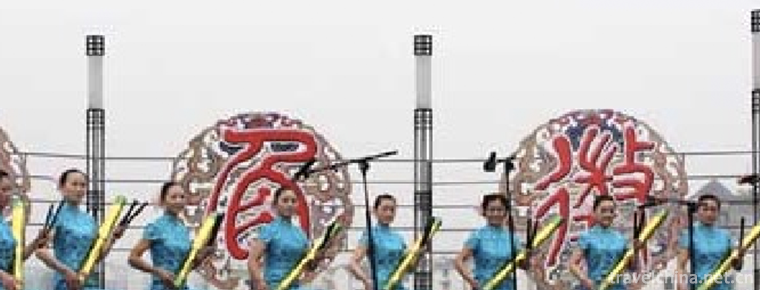
-
Ching Bo Leung
The word "cool" in Hainan dialect can be pronounced as "Yin Shang Sheng", which is homonymous with the two words used as weight unit. It is the soup of old fire for clearing heat a.
Views: 223 Time 2018-11-05 -
Mingyue Mountain
Mingyue Mountain: National tourist resorts, National Scenic spots, national AAAAA tourist attractions, National Forest parks, national geological parks, National Natural heritage, home of hot springs .
Views: 215 Time 2018-12-08 -
Beijing Wildlife Park
Beijing Daxing Wildlife Park is located in the 10,000 Mu forest of Yuyuan Town, Daxing District. It is a large natural ecological park with animal protection, wildlife domestication and breeding and p.
Views: 100 Time 2018-12-26 -
Fuping Pottery Art Village
Pottery Village is located in the north of Fuping County. It relies on the site of Tang Dingzhou Kiln. It is a cultural and custom experience scenic spot consisting of a quasi-three-star hotel, three .
Views: 154 Time 2019-01-12 -
Spinach with Eight Delicacies
Babao spinach is a traditional Shandong dish, which belongs to Shandong cuisine. It is rich in color, bright, delicious, light and refreshing. In addition to spinach, Babao spinach is also equipped wi.
Views: 187 Time 2019-03-25 -
The legend of Huang Daxian in Huangchuping
Huang Chuping's legend is one of the local folklores in Jinhua, Zhejiang Province. It originated in the Eastern Jin Dynasty. The earliest written record was in The Biography.
Views: 70 Time 2019-05-04 -
Jingdezhen Handmade Porcelain Craft
Jingdezhen Handmade Porcelain Craft, the traditional handmade Porcelain Craft in Jingdezhen City, Jiangxi Province, is one of the national intangible cultural heritage..
Views: 125 Time 2019-05-08 -
Glass Firing Techniques
Glass firing technology, Beijing Mentougou District, Shanxi Province, local traditional handicraft, one of the national intangible cultural heritage..
Views: 170 Time 2019-05-14 -
Lodgeroye and Zaszai
Lodgeroye and Zaszai is a representative long poem of Hani poetry style, which is widely spread in all villages inhabited by Hani Biyo people in Hani Autonomous County of Mojiang. There are ten chapte.
Views: 168 Time 2019-05-15 -
Legend of Xishi
Xishi is the first of the four beautiful women in ancient China. The legend about Xishi was born at the end of Spring and Autumn Period, and has been enriched ever since. Xishi legend takes the war be.
Views: 160 Time 2019-07-01 -
Craftsmanship of Fireworks and Firecrackers
China is the first country to invent gunpowder in the world. Fireworks and firecrackers made of gunpowder also have a long history and enjoy a high reputation in the world. The record of firecrackers .
Views: 134 Time 2019-07-10 -
Hydrology in Yibin
The water system in Yibin belongs to the external water system, with the Yangtze River as the main vein, with many rivers, high density and abundant water. Jinsha River and Minjiang River join to form the Yangtze River, which runs through the nor.
Views: 323 Time 2020-12-18
